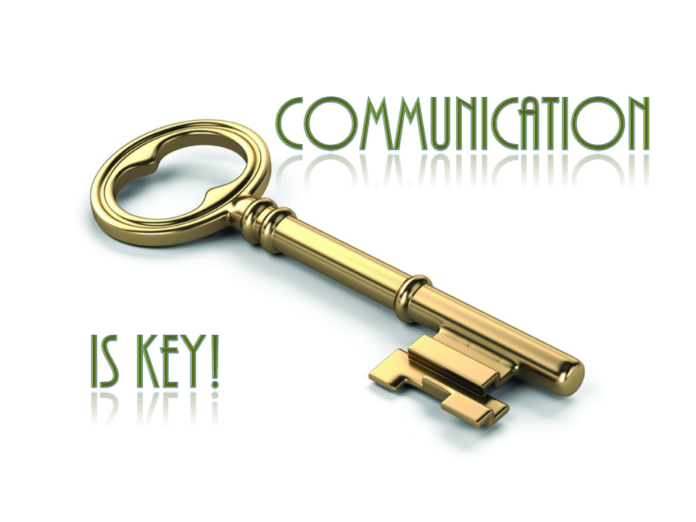A complete communicator, in the context of Toastmasters and effective communication in general, possesses a wide range of skills and attributes. These skills go beyond just speaking eloquently; they encompass conveying messages clearly, connecting with the audience, and adapting to various communication situations. Here are some critical skills needed by a complete communicator:
- Effective Public Speaking: The ability to deliver speeches confidently and effectively in front of an audience, using clear and engaging language, appropriate tone, and body language.
- Active Listening: Listening attentively to others, understanding their perspectives, and responding thoughtfully. Active listening is crucial for effective two-way communication.
- Clear and Concise Communication: The skill to express ideas, thoughts, and information in a straightforward and easily understandable manner, avoiding jargon or unnecessary complexity.
- Nonverbal Communication: Understanding and using nonverbal cues such as facial expressions, gestures, and body language to enhance the message.
- Emotional Intelligence: The ability to recognize and manage one’s emotions and empathize with the feelings of others. This helps in building rapport and connecting with people on a deeper level.
- Storytelling: The art of using stories to convey messages, make information memorable, and engage the audience emotionally.
- Vocal Variety: The skill of varying pitch, tone, pace, and volume in speech to add emphasis, maintain interest, and convey emotions effectively.
- Adaptability: The capacity to adjust communication style and content based on the audience, context, and communication goals.
- Clarity in Organization: Structuring information logically and coherently, using techniques like signposts, transitions, and summaries to guide the audience through a speech or presentation.
- Effective Use of Visual Aids: Knowing how to use visual aids (e.g., slides, props) to enhance a presentation without overshadowing the message or becoming a distraction.
- Confidence and Presence: Displaying self-assurance and a strong presence when speaking which instills confidence in the audience.
- Empathy: Understanding the audience’s perspectives, needs, and feelings and tailoring communication to address those factors.
- Cultural Sensitivity: Being aware of and respectful of cultural differences in communication styles, norms, and etiquette.
- Conflict Resolution: The ability to navigate and resolve conflicts through effective communication, including active listening, empathy, and negotiation skills.
- Adaptive Learning: Continuously improving communication skills by seeking feedback, practicing, and learning from successes and failures.
- Networking and Relationship Building: Building and maintaining meaningful connections through effective communication is essential in both personal and professional contexts.
- Time Management: Effectively managing the time allocated for communication, ensuring that messages are delivered within the allotted time frames.
Becoming a complete communicator is an ongoing process that involves practice, self-awareness, and a willingness to learn and adapt.
We will cover most of the skills above under these six categories
Toastmasters International is one organization that offers a structured environment for individuals to develop and hone their communication and leadership skills.











